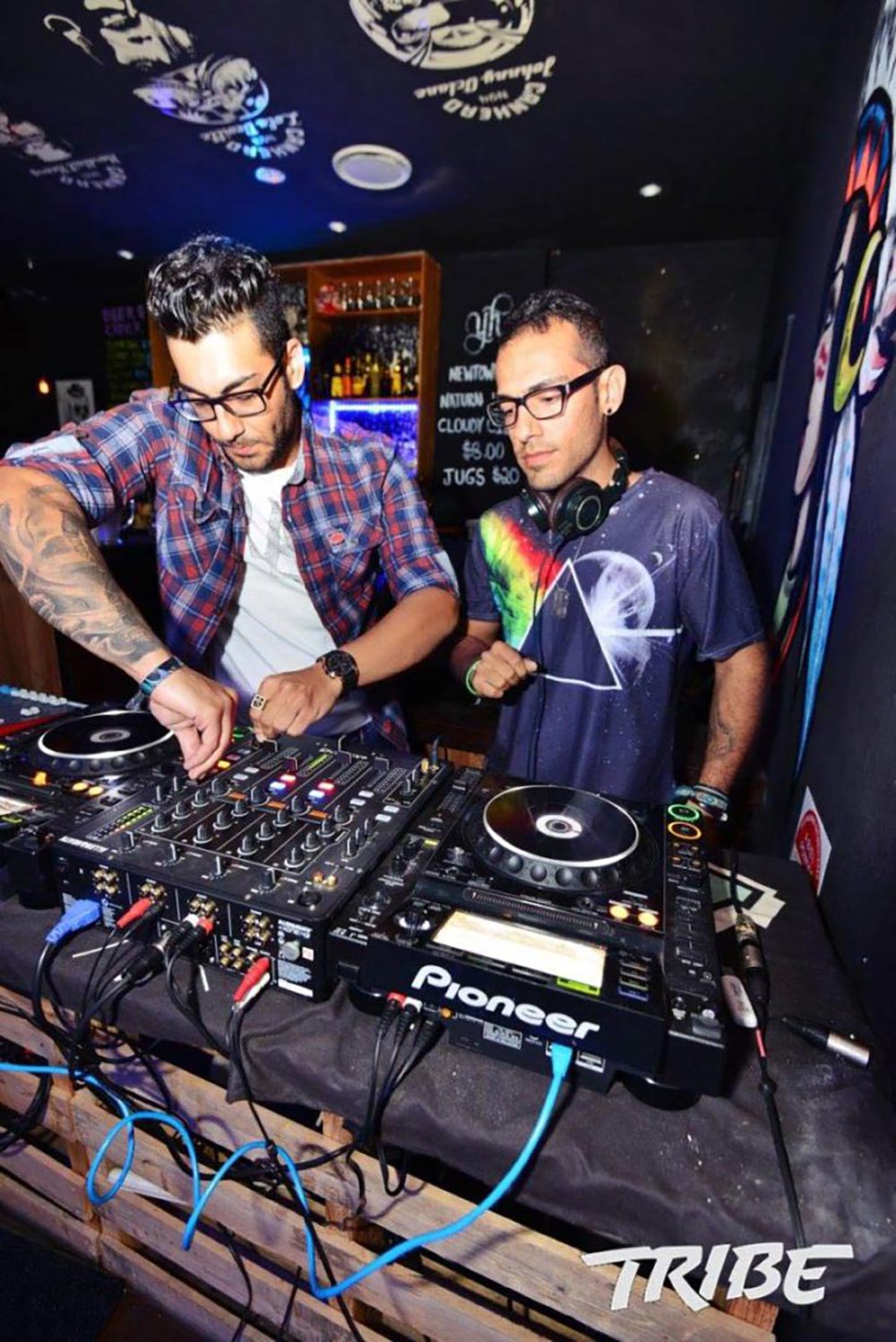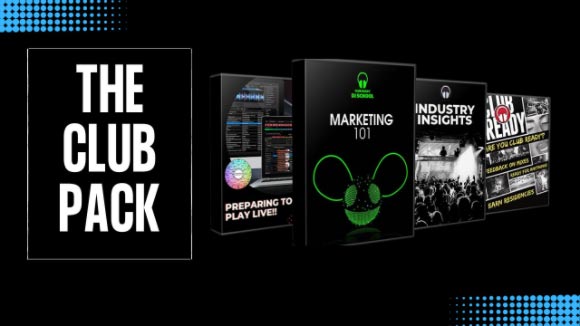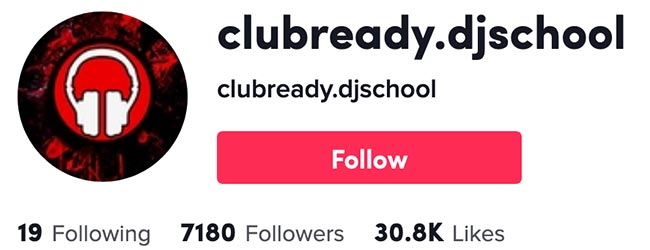
Your position on a DJ line up should always be considered before you start thinking about what music you're going to play. It is imperative you play the appropriate music for the time you are booked for or it could be disastrous for the event and for yourself. How do you play to your set time?
There is an art to playing at clubs and it starts with understanding the different time slots and what it means to work as a team. There are many different scenarios that will dictate the energy of your set and they will be based on the venue and the type of event. What might fly at some clubs won't be acceptable at others so it is incredibly important to attend events prior to playing there and pay close attention to the music flow of the night so that you understand what is expected. Communicate with the promoter and other DJs if possible, to ensure your set will be successful on the night.
Warm-up: Not necessarily the most sought after position on the line up due to the fact you may be playing to a small crowd of people who haven't had enough drinks yet to allow them to be confident enough to dance. This is a great time to play because you also can take it easy without the pressure of trying to keep people on the dancefloor. People are usually socialising with each other at this time, they are standing around quietly enjoying the music as a background to their conversation. This atmosphere is ideal for the venue because if you play the right tunes, people will stay, buy more drinks and the club will soon fill up. Do not underestimate your importance in this time slot. Generally, you will keep the music at a level of energy that allows people to settle in and feel comfortable at the venue. In terms of music selection, the general rule is to avoid tracks the support and headliner might play. Your role as an opening DJ is to warm up the crowd so they're ready to throw down once the peak hour acts come on. If you let your ego get the better of you and start pumping out tunes suitable for a midnight time slot, you risk making guests feel uncomfortable and consequently leave the venue. Sometimes DJs will start in the opening time slot when they first get booked at a club and will move up to peak slots if they can prove they are successful at playing to their times. Again, your position as a warm up DJ is not to be underestimated.
Headline support: This is probably the easiest slot to play in. By now most of the crowd is on the dancefloor and getting excited for the headliner. You CAN play bangers in this position, as long you know it won't conflict with anything the headliner will be playing. It is important you don't start off too heavy as you will be following the opening acts and you want the music to flow smoothly . The crowd can be delicate the handle so you need to ease them in rather than shock everyone with bass after the last DJ has finished on tropical house. If you're planning your set, work with the previous DJ prior to playing to ensure a smooth transition, or be prepared to change your opening tracks if necessary. This is the DJ set with the largest amount of energy diversity because you have to start off slow and end big.
Headliner: Bangers. The bigger, the better. The headliners' most important job is to keep people on the dancefloor As a headliner it is important to give the crowd what they want at the same time being super fresh and giving them new music. Again, it all depends on the venue. Some places would require you only play cheesy, well known tracks to keep the crowd happy and dancing and others expect you to be a little more sophisticated and mix popular tracks with fresh unknown sounds that will blow people's minds. As a headliner you can usually stand by your personal music preference because that is why you're being booked for this position, however it's always a good idea to communicate with the club promoter to have a clear understanding of what is expected of you.
Closer: Following on from the headliner is a tough gig. You have to keep people in the room after they have seen what they came for and are figuring out their next move. You need to start strong and maintain the momentum the headliner has created. It's a good idea to play tunes people are familiar with and keep it snappy. Most likely guests are getting tired and their attention spans are dwindling. Thanks to Lockout, if your in the zone it is even more important you keep people interested because once guests leave, there won't be any replacing them. It's not all doom and gloom though. The headliner has created a monster in the crowd and you get to party with it. If you play a great set, you'll have a wild crowd ready to receive it.
Have you had any experience playing to these time slots? If so, we'd love for you to share your advice below.

16 MINI DJ LESSONS FOR FREE!
Not sure where to start? In this mini series I answer many of the questions beginners have about learning to DJ.
CLUB READY DJ COURSE
 Usually
Usually ADVANCED PERFORMANCE PACK
 Usually
Usually CLUB PACK
 Usually
Usually THE COMPLETE PACKAGE
Get all of my courses for life!
 TOTAL VALUE:
TOTAL VALUE: 

